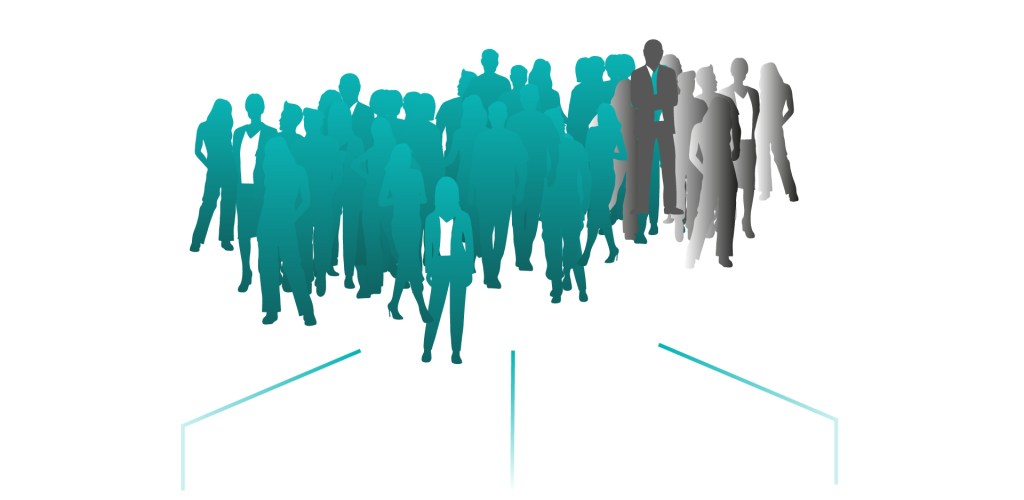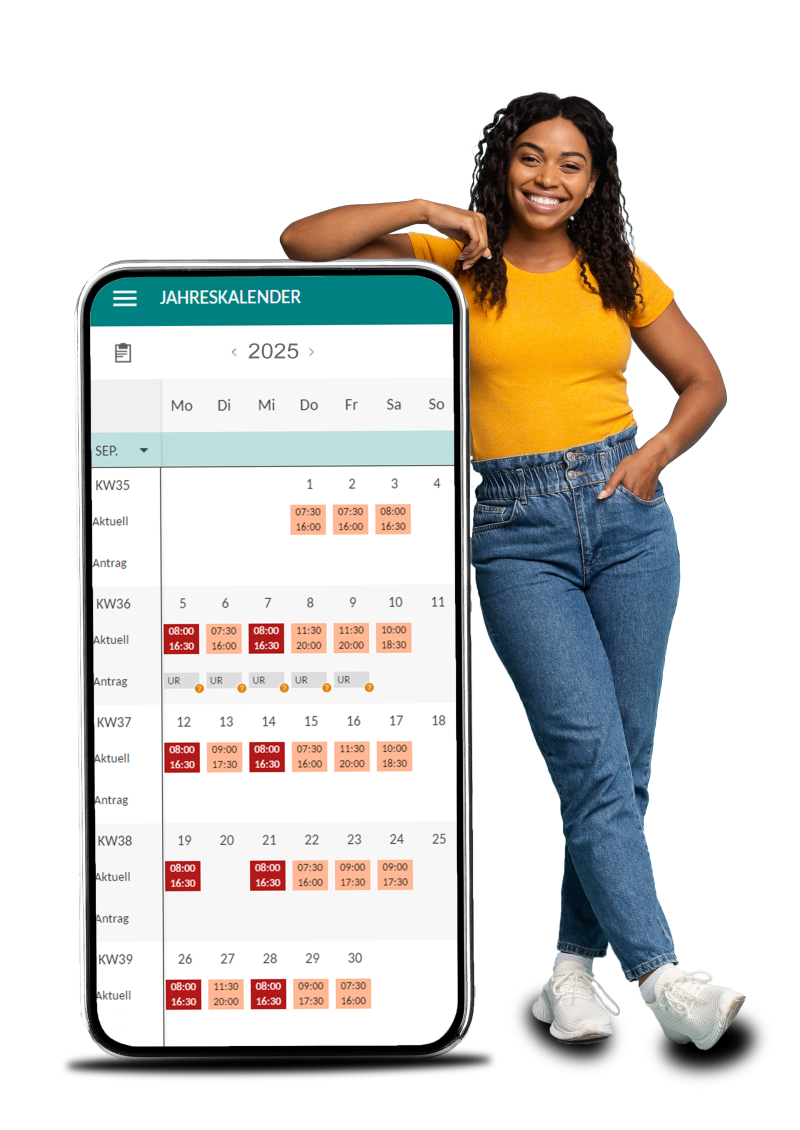What does Generation Y really want? Expectations, differences, and opportunities for the working world – How workforce management enables flexibility, purpose, and participation.

They grew up in a digital world, are well connected, and have no interest in 9-to-5 jobs or bosses who say, “That’s just how we’ve always done it.” Welcome to the world of Millennials. But what exactly does Generation Y expect from the workplace? And why can no company afford to ignore these expectations?
Ever since terms like “work-life balance,” “purpose,” and “job crafting” have made their way into our everyday vocabulary, one thing has become clear: this generation is changing the rules of the workplace. Generation Y – those born roughly between 1980 and 1995 – are no longer “the young generation.” They’ve become the backbone of many companies: as team leaders, project managers, and specialists.
Content:
↓ Definition: Who is Generation Y?
↓ Why do millennials want more than just work?
↓ How important are flexible working hours?
↓ What about feedback and development?
↓ What are the differences between the generations?
↓ Why are millennials and workforce management in tune with the times?
Definition: Who is Generation Y?
Generation Y, also known as millennials, combines an analog childhood with digital youth. Their defining characteristics include: The exact definition may vary slightly depending on the source, but this generation is generally seen as the link between Generation X (1965-1979) and Generation Z (from around 1996).
Characteristic features of Generation Y:
- Digital natives, but with analog roots: Millennials grew up with cassette players and later experienced the arrival of the internet via dial-up modems.
- Tech-savvy: Smartphones, social media, and on-demand services are a natural part of their everyday lives.
- Value-driven: They place high importance on purpose, sustainability, and social responsibility – both in their personal lives and at work.
- Self-fulfillment over status: For Millennials, a career isn’t just about climbing the ladder – it’s about personal growth and having the freedom to shape their own path.
- Flexibility and balance: Generation Y favors flexible work models, remote work, flexible hours, and a healthy work-life balance.
How Millennials Experience Work-Life Balance
For 85 percent of Millennials, balancing work and family is a top priority – according to the XING Millennials Report 2024. Despite this clear expectation, one in seven still feels their own work-life balance is lacking. Around 20 percent of respondents say they would like more support and active encouragement from their employer in this area.
Why do millennials want more than just work?
Compared to previous generations, Millennials aren’t primarily looking for job security – they’re searching for meaning. They ask themselves: “What real impact does my job have? Can I identify with what I do?”
When companies offer more than just a paycheck and commit to sustainability, social responsibility, and purpose, Millennials don’t just go along for the ride. They become the drivers of change. It’s rarely about status symbols like company cars or fancy titles. What really matters to this generation is whether their work makes a difference – both within the company and in the world.

One in seven
ssees a need for improvement in their own work-life balance. A clear call to action for modern work environments.
20 %
of respondents wish for more support and active assistance from their employer in this context.
85 %
of Millennials place great importance on balancing work and family life.
Why do millennials want more than just work?
Compared to previous generations, Millennials aren’t primarily looking for job security – they’re searching for meaning. They ask themselves: “What real impact does my job have? Can I identify with what I do?”
When companies offer more than just a paycheck and commit to sustainability, social responsibility, and purpose, Millennials don’t just go along for the ride. They become the drivers of change. It’s rarely about status symbols like company cars or fancy titles. What really matters to this generation is whether their work makes a difference – both within the company and in the world.
How important are flexible working hours?
Generation Y thrives on flexibility and with good reason. Remote work, flexible hours, trust-based working time, or even a four-day workweek: these models represent autonomy and personal responsibility. But why have they become the cornerstone of modern workplace culture?
Imagine this: A project team schedules a brainstorming session for Friday afternoon. Why? Because the team’s creative mind spent the morning training her dog and feels refreshed and motivated in the evening. Instead of being mentally absent at 9 a.m., she delivers her best ideas at 3 p.m. For Millennials, this kind of freedom isn’t a perk — it’s part of everyday life. And it drives performance, engagement, and job satisfaction.
Here’s an interesting blog post on the topic: https://plano-wfm.com/en/4-day-workweek-scheduling-workforcemanagement/
When we turn our attention to Generation Z, it becomes clear: they, too, demand flexibility and self-determination. This confirms that modern working time models are no longer just a Millennial concern – they’re a cross-generational challenge and opportunity for companies.
To the IAB source: (https://iab-forum.de/generation-z-noch-ein-klischee-weniger/)
What about feedback and development?
For many Millennials, a once-a-year performance review just isn’t enough. They crave regular input, honest feedback, and open communication. To them, leadership isn’t about control – it’s about collaboration on equal footing. Questions like “How can I grow?”, “Where am I stuck?”, or “What’s going really well?” deserve ongoing conversations.
Modern workforce management (WFM) software supports this mindset by making development data, employee skills, and work histories transparent. It visualizes progress, highlights potential, and provides a data-driven foundation for meaningful one-on-one development conversations.
Companies that foster this kind of feedback culture and support it with smart digital tools – build loyal teams, because trust is visible at every level. Investing in training, mentoring, or personalized development plans pays off twice: because when people are allowed to grow, they stay and challenge the organization in the best possible way.
What are the differences between the generations?
Looking at the work motivations of previous generations, it quickly becomes clear just how differently Millennials think. Baby Boomers, born between 1946 and 1964, were shaped by a strong desire for stability and a clear career path often with long-term company loyalty as a key factor. Generation X, born between 1965 and 1979, brought independence into focus. They value pragmatism, efficiency, and a sometimes rebellious “work and live how it suits you” mindset.
Generation Y breaks away from both models with a new set of expectations: work should have meant, be flexible, reflect lived values, and allow for real connection.
And what about Generation Z? Those born after 1995 do value security – understandably so, given the economic uncertainties they’ve witnessed. But they’re also more digital, more structured, and even more value-driven than Millennials.
Millennials strike a unique balance between idealism and pragmatism. They’re courageous when it comes to driving change and experienced enough to navigate crises of all kinds.
What does this mean in concrete terms for companies?
Companies that want to align with Millennials have their work cut out for them. It’s not enough to simply showcase a cool logo or trendy branding. What’s needed is deep transformation: How can work be designed today to offer meaning, remain flexible, and support ongoing development?
This is where modern workforce management (WFM) comes in. Digital tools don’t just simplify staff planning and coordination – they enable participative and fair structures. Employees can select their own shifts. Vacation requests are handled on mobile devices. Skill profiles make clear who brings which talents to the table and where growth is possible. Suddenly, even the four-day workweek runs smoothly, because smart scheduling adapts in real time.
Sounds too good to be true? With data-driven WFM, this new world of work doesn’t happen by accident, it’s built by design. And Generation Y doesn’t just spark the ideas behind it – they live them.
How does everyone benefit?
First, employee satisfaction and employer attractiveness increase. Second, turnover and absenteeism decrease because people feel seen and valued. Third, innovation thrives: when talented employees are empowered to contribute, new ideas emerge. Fourth, it strengthens intergenerational collaboration: companies that meet Millennial expectations also appear more modern and appealing to Boomers, Gen X, and Gen Z alike.
So ultimately, it’s not just about Millennials. It’s about building a Work 2.0 environment – where purpose, flexibility, and open dialogue are the norm.
Practical examples: how the mix of strategy and attitude works
Transparency through digital planning
A regional grocery retail group is using a modern WFM solution to fully digitize shift planning, vacation requests, and skills management. Employees can see at any time when they’re shift scheduled, what tasks await them, and where growth opportunities lie. Thanks to the integrated feedback system, managers can provide targeted input, and employees are empowered to take charge of their development.
The result: noticeably higher employee satisfaction and significantly lower turnover.
Flexibility with Structure
A growing hybrid tech company uses WFM to coordinate remote work, coworking, and in-office days. Employees book their office or remote shifts via WFM software that automatically prevents scheduling conflicts. This creates space for creativity while preserving a strong sense of team.
Development as a Daily Practice
A mid-sized manufacturing company uses its WFM system to systematically track and manage qualifications and training needs. Skill profiles clearly show what competencies are present and where potential for growth exists. Based on this data, peer mentoring programs are set up, internal trainings are planned, and targeted external development opportunities are initiated. Employees can view potential development steps in their personal dashboard — and are actively involved in the planning.
Upskilling isn’t seen as an extra – it’s built into the workday.
Why now is the perfect time?
Generation Y is no longer just a trend – it’s the foundation. Companies that ignore their expectations today risk losing out on potential and future readiness. But here’s the thing: Generation Y doesn’t operate in isolation. They champion the inclusion of all generations in diverse, respectfully led teams with smart structures.
By intentionally investing in purpose, implementing flexible work models, and rethinking leadership, organizations build a future-proof foundation. And that doesn’t just benefit Millennials it benefits everyone:
Gen Z is on the rise, Baby Boomers are moving into part-time roles, and companies must be ready.
Why are millennials and workforce management in tune with the times?
Millennials are calling for more autonomy, transparency, and flexibility in their daily work lives. They want a voice when it comes to scheduling. They expect work time models to fit their lives – not the other way around.
This is exactly where modern workforce management comes in: it provides the digital tools to not only meet these expectations but to actively support and empower them.
With self-service portals, mobile apps and intelligent shift scheduling, employees can, for example:
- Record working hours
- View employee information
- Submit and modify requests
- Access current account balances
- View shifts anytime, anywhere
- Employee swap meets for shift swapping
- View group and annual calendar
- Real-time activity registration
- Approve requests easily and on demand

Employees can …

enter their availability

swap their shifts

request their vacation digitally

view their time accounts in real time
What the myplano app can do: https://plano-wfm.com/en/myplano-employee-self-service-ess/
All of this strengthens the sense of control and involvement – two core needs of Generation Y. At the same time, companies benefit from automated processes, staffing level analysis, and legally compliant time recording, always ensuring full transparency and operational oversight.
A Win-Win for Everyone
While Millennials enjoy more flexibility and transparency, companies benefit from higher employee satisfaction, lower turnover, and more efficient workforce planning. Especially in industries with shift work, changing demands, or hybrid teams, modern workforce management software is a key success factor.
With solutions like those from plano, fulfilling the expectations of Generation Y doesn’t become an organizational burden – it becomes a smart competitive advantage.
Because what Millennials are asking for today will be tomorrow’s standard.
To shape the future of work, companies need more than just the right mindset. They need the right tools.
Conclusion: The Future Is Colorful, Flexible, and Purpose-Driven
Generation Y shows us what the future of work can look like – built on purpose, flexibility, and genuine participation. For companies, this isn’t a limitation, but an opportunity: to create more attractive workplaces, more motivated teams, and more innovative, resilient structures.
The key isn’t shallow employer branding hype, but real transformation: workforce management, values-based leadership, and digital tools that enable modern work.
With this combination, the world of work doesn’t just become more colorful – it becomes truly future-ready.
Would you like to find out more about workforce management with plano?
Further information about our workforce management software and the areas of application can be found here:
→ Workforce Management from plano
Archive
3 Systems - One Solution
We’re Here for You
